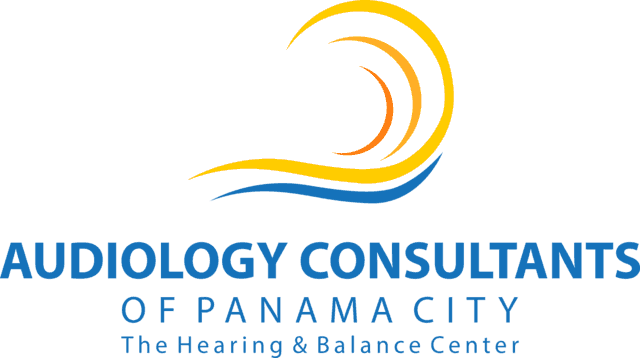- Steps to Coping with Chronic Dizziness - June 6, 2025
- Using Hearing Aid Accessories for Enhanced Listening - May 6, 2025
- Practical Tips for Managing Daily Challenges With Tinnitus - April 8, 2025
Living with chronic dizziness can be daunting, but understanding effective ways to manage it can significantly improve one’s quality of life. Dizziness often disrupts daily activities and can create a sense of imbalance, physically and emotionally. Addressing this issue with a well-rounded approach can bring comfort and functionality back into daily routines.
Prioritize Medical Evaluation
When dealing with chronic dizziness, the first and foremost step should be to seek a comprehensive medical evaluation. This evaluation aims to uncover the root cause of dizziness, which could range from inner ear disorders to neurological issues. Visiting a hearing health professional ensures that a correct diagnosis is made, allowing for appropriate and effective treatment strategies to be initiated.
It is important to remember that chronic dizziness could stem from various underlying conditions. Therefore, comprehensive tests such as hearing assessments, balance tests, and imaging studies might be needed. These tests will give the hearing health professional a clearer picture of the situation, enabling them to recommend the best course of action for managing symptoms.
Implement Lifestyle Changes
Practical lifestyle changes can have a substantial impact when managing chronic dizziness. Incorporating regular physical activity, for instance, can strengthen the body’s muscles and improve balance. Gentle exercises like walking or swimming are less likely to provoke dizziness and can be highly beneficial in building physical endurance.
Hydration plays a critical role in managing dizziness. Dehydration can exacerbate balance issues, so maintaining adequate fluid intake is important. Avoid stimulants like caffeine and nicotine, as these substances can have an adverse effect and trigger episodes of dizziness.
Explore Therapy Options
Vestibular rehabilitation is a specialized form of therapy designed to assist those struggling with chronic dizziness. This therapy involves specific exercises aimed at stabilizing the gaze, enhancing balance, and strengthening the body’s tolerance to movement. By consistently engaging in these exercises, individuals can experience a reduction in dizziness and an improvement in their overall sense of balance.
Cognitive behavioral therapy (CBT) is another valuable option that focuses on the psychological impact of chronic dizziness. It helps individuals reframe their thoughts and responses to the sensations of dizziness, reducing anxiety and fear associated with these episodes. Through CBT, patients can gain a greater sense of control over their symptoms and be in control of their daily lives.
Daily Tips for Living with Balance Issues
For those living with chronic dizziness, adopting practical tips for daily living can make a significant difference. A well-organized and clutter-free living space prevents trips and falls and provides a safe environment to thrive. Also, using handrails and avoiding slippery surfaces can enhance stability while moving around the home.
When necessary, consider using adaptive devices, like canes or walkers, for added support. These tools can help prevent accidents and provide confidence while walking. Remember, it is critical to stand up slowly and avoid sudden head movements to minimize the risk of unexpected dizziness episodes.
Engage in Stress-Reducing Activities
Chronic dizziness often comes with increased stress and anxiety, so it’s important to know how to manage these emotions effectively. Relaxation techniques such as deep breathing exercises, yoga, and meditation have proven to be beneficial. These activities can help calm the mind and reduce the stress that can exacerbate dizziness.
It is a great idea to have a consistent sleep schedule, as fatigue can worsen dizziness symptoms. Ensuring that the mind and body are well-rested can enhance balance and reduce the frequency of dizziness episodes. Individuals who adopt stress-reducing activities can experience a more balanced emotional state and better manage their condition.
Maintain Regular Medical Checkups
Finally, staying committed to regular medical checkups allows for the effective management of chronic dizziness. Consistent follow-ups with hearing health professionals ensure ongoing monitoring of the condition and allow for any necessary adjustments to treatment plans. Open and honest communication about any changes in symptoms can prevent complications and aid in better management strategies.
Regular checkups also offer the opportunity to discuss new and emerging treatment options that could be beneficial. Professionals can provide tailored advice based on the latest medical research and technologies. This proactive approach helps individuals stay ahead in managing their dizziness and maintaining an improved quality of life.


